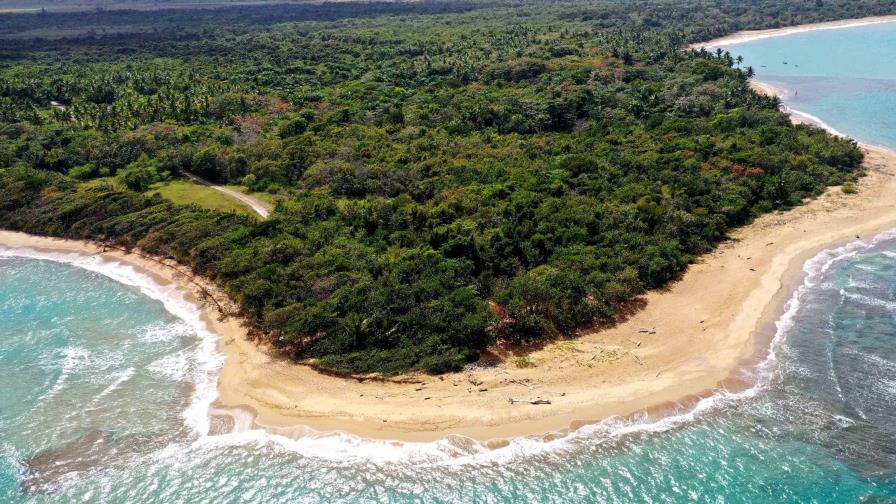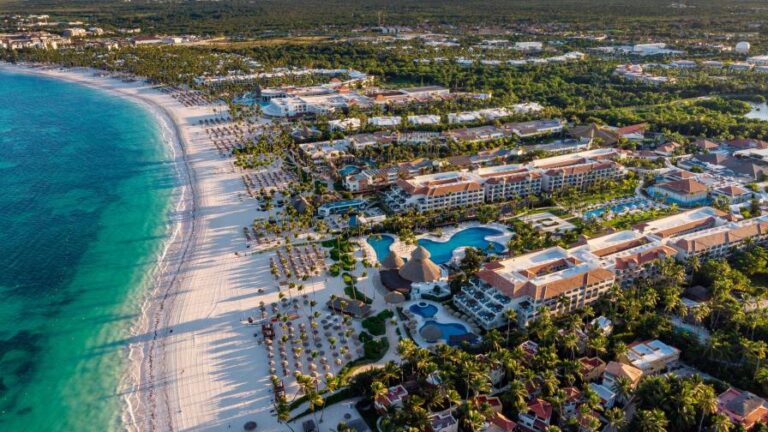
- Promoted by the current government, the Punta Bergantín project aims to revitalize the area, but the possible repeal of Law 158-01 threatens to slow down the progress.
This statement answers the question put to me by Manuel Quiterio Cedeño, dean of tourism journalism in the country, during the ASONAHORES press conference at its 36th Trade Fare in Punta Cana. He asked me about the effects of excluding Puerto Plata from the 2001 Law 158-01 on tax incentives, until it was modified in December 2013.
I replied that the results are clear: Puerto Plata, once the mecca of tourism in the Dominican Republic, suffered a significant decline. Between 1985 and 2000, more than 20 hotels were opened in the province, attracting tourists from source markets such as Germany, Canada, England, Spain and Austria. Tourism not only impacted Puerto Plata, but also boosted development along the country’s northern coast.
Designed to handle the flow of international tourists, Puerto Plata airport received 312,033 visitors in 1990, a figure that grew to 758,967 in 2000, which represented 32% of the total number of tourists in the country. However, starting in 2001, arrivals began to decline year after year. By 2010, the airport received 490,791 tourists (12% of the total), and in 2023, after overcoming the pandemic, the figure fell to 327,057 (3%).
Although the absence of tax benefits was not the only cause of the crisis, it did aggravate it. The halt in the construction of new rooms after the reinstatement of the incentives in 2013 shows that the damage had already been done. Puerto Plata has become mostly a residential tourist destination, with a limited hotel accommodation for international tourism.
This is where the Punta Bergantín project, promoted by President Luis Abinader’s administration, comes into play. With a public-private partnership that includes investors such as Grupo Punta Cana and Meliá Hotels, this project has the potential to revive Puerto Plata as an international destination. However, the proposed amendment to Law 158-01 puts this effort at risk, since the area is unlikely to attract international operators and airlines to fill the new rooms without tax incentives.
Repealing this law would undermine the effort to restore Puerto Plata to its former splendor. Currently, the province lacks a first-class hotel offer sufficient to reactivate it as a tourist destination, and without incentives, the necessary investment will not arrive. A 400-room hotel, with a construction cost of more than US$80 million, is a high-risk gamble without the right fiscal conditions.
It is difficult to understand the reasoning to completely repeal Law 158-01, as it would destroy the progress made by the government and the recent successes of tourism, the result of the work by President Abinader and the Ministry of Tourism. Do we want to repeat the history of Puerto Plata, freezing tourism at the national level? Reflection and dialogue will always be essential.
Source:


